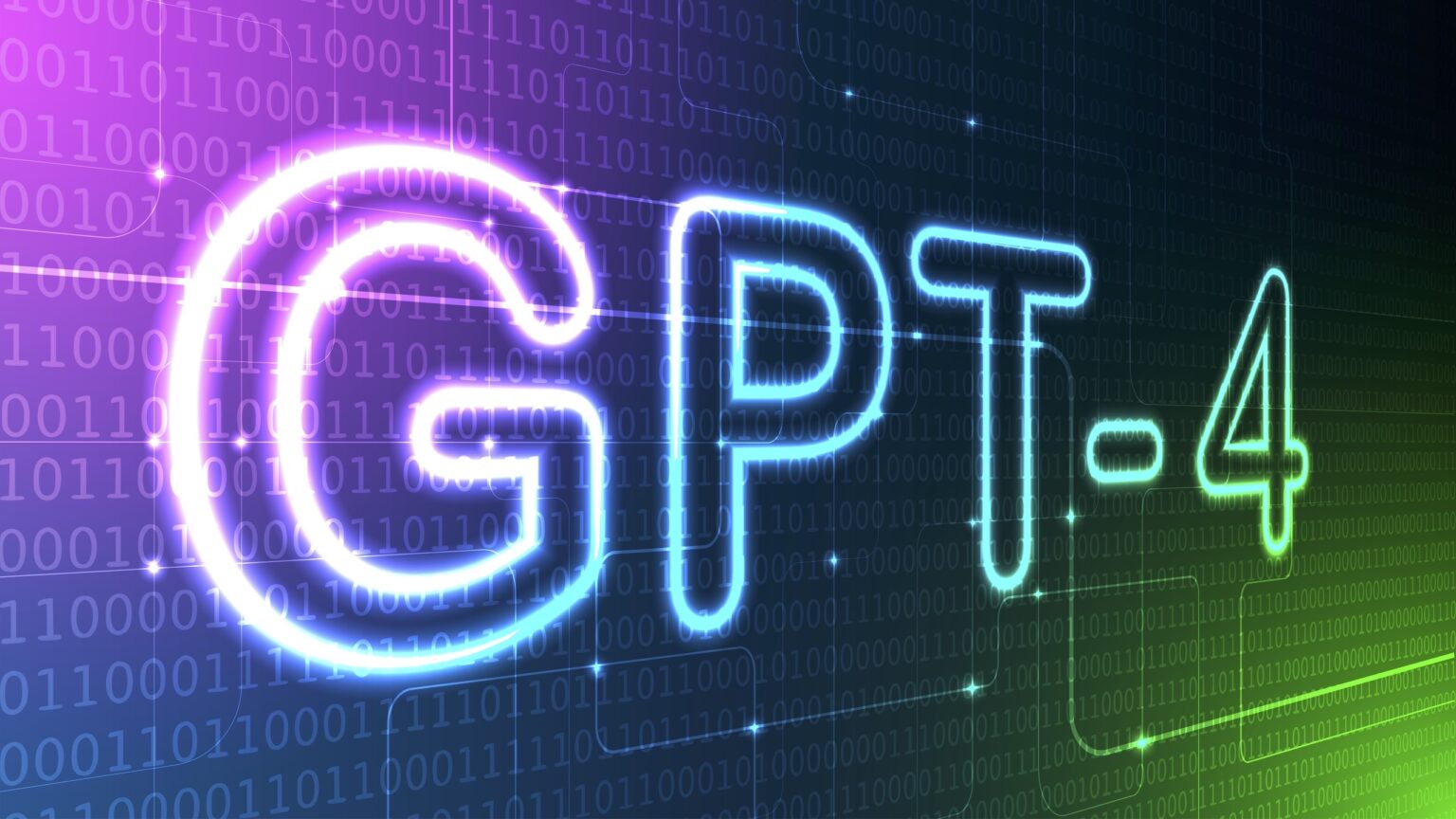A few years ago, it might have been deemed preposterous to say that AI would soon take over most of our day-to-day tasks. Back then, the most advanced AI tools were used in automotive factories and some nuclear power plants. However, that all changed in 2022 after OpenAI unleashed its chatbot ChatGPT, a tool that paved the way for further and faster AI development – including GPT-4.
Months after ChatGPT was launched, another tool known as AutoGPT was released, based on OpenAI’s GPT-4 tech. AutoGPT was widely dubbed ChatGPT on steroids, allowing users to use ChatGPT features – only this time it could be done autonomously.
Also read: Trouble in ChatGPT Paradise? AI-Run Startup Fails to Meet Financial Goals
It does not end there, as other tools are being launched virtually on a rolling basis: from AI tools for cooking, like ChefGPT, to those focused on health such as HealthGPT and MedicalGPT. MiniGPT and DateGPT also stand out. Little wonder OpenAI wants to own the term ‘GPT’.
Now, DoNotPay CEO Joshua Browder has outsourced his entire personal financial life to GPT-4 using a chat feature his company is building. He has been talking up AutoGPT’s ability, specifically how it gives him sound advice and saves him money.
AI financial advisor
Browder gave AutoGPT access to his bank statements, credit report, other personal financial data, as well as his email. The bot used a DoNotPay Plaid connection to log into every bank account and credit card he owns and scan over 10, 000 transactions.
I decided to outsource my entire personal financial life to GPT-4 (via the @donotpay chat we are building).
I gave AutoGPT access to my bank, financial statements, credit report, and email.
Here’s how it’s going so far (+$217.85) and the strange ways it’s saving money. (1/n): pic.twitter.com/JO9p1A5ipc
— Joshua Browder (@jbrowder1) April 29, 2023
After the scan, the tool flagged subscriptions that were adding up to $80 and which it deemed unnecessary, suggesting they be canceled. The bot got busy mailing letters using the USPS Lob API, chatting automatically with agents and clicking online buttons to get them canceled.
In another demonstration, the AI bot was able to cancel Browder’s gym membership.
“Here it is! Using the DoNotPay ChatGPT Plugin, I asked the A.I to cancel my gym membership. It immediately drafted a legal notice to cancel, e-signed it and connected with USPS to mail it, all without leaving the conversation. The first subscription cancelled using ChatGPT!” he said.
Browder went on to ask the bot to find him an easy refund. The bot was identified an email containing a United Airlines in-flight Wi-Fi receipt for $36.99. After asking Browder if the Wi-Fi had worked to his expectation and confirming it hadn’t, the bot drafted a letter asking for a refund from United Airlines – and it was refunded 48 hours later.
The next cost-cutting measure related to bill management, with Browder asking the bot to negotiate on his behalf. “We sent a GPT-4 bot to chat with Comcast and get a refund. When Comcast offered $50, GPT-4 said: “NO. That is not enough. I want $100.” It worked! GPT-3 never pushed back as hard,” he said.
The inevitable AI wave
Considering the amount of AI tools that have been released in recent months, it’s inevitable that users will put them to good use. However, there is always that security risk – especially when it comes to allowing access to personal information like banking records and emails.
“Yeah I’m not giving all my info to some data collection tool. I can do all these things in less time than it would take to connect all my accounts,” responded one user identified as Blind Luck Project.
While some users feel this is an “incredible” and “awesome” way to save, others have taken this with a whole pinch of salt.
“If you didn’t run @donotpay. What would make you trust your co enough to do this as a consumer?” queried John, in reference to Browder’s DoNotPay, dubbed the “first robot lawyer.”
The company was built as a tool that can be used to fight corporations, beat bureaucracy, and sue anyone at the press of a button, according to its website.
Given that DoNotPay has already racked up well over 200,000 users and are planning to bring it to iMessage, the tool is definitely working towards making an impact.
Earlier this year, Browder made headlines when he announced his intentions to send a defendant into court with this AI powered tool as a lawyer. According to reports, the company would send the defendant armed with a recording device to feed audio of court arguments into an AI. An AI that would, in turn, generate responses for the defendant.
Although the plan was cancelled, Browder had hoped to make history by becoming the first lawyer to use AI to argue a case in a court of law. As previously reported by MetaNews, the plan was to use the AI chatbot in a traffic case, which was scheduled for Feb. 22.









 and then
and then